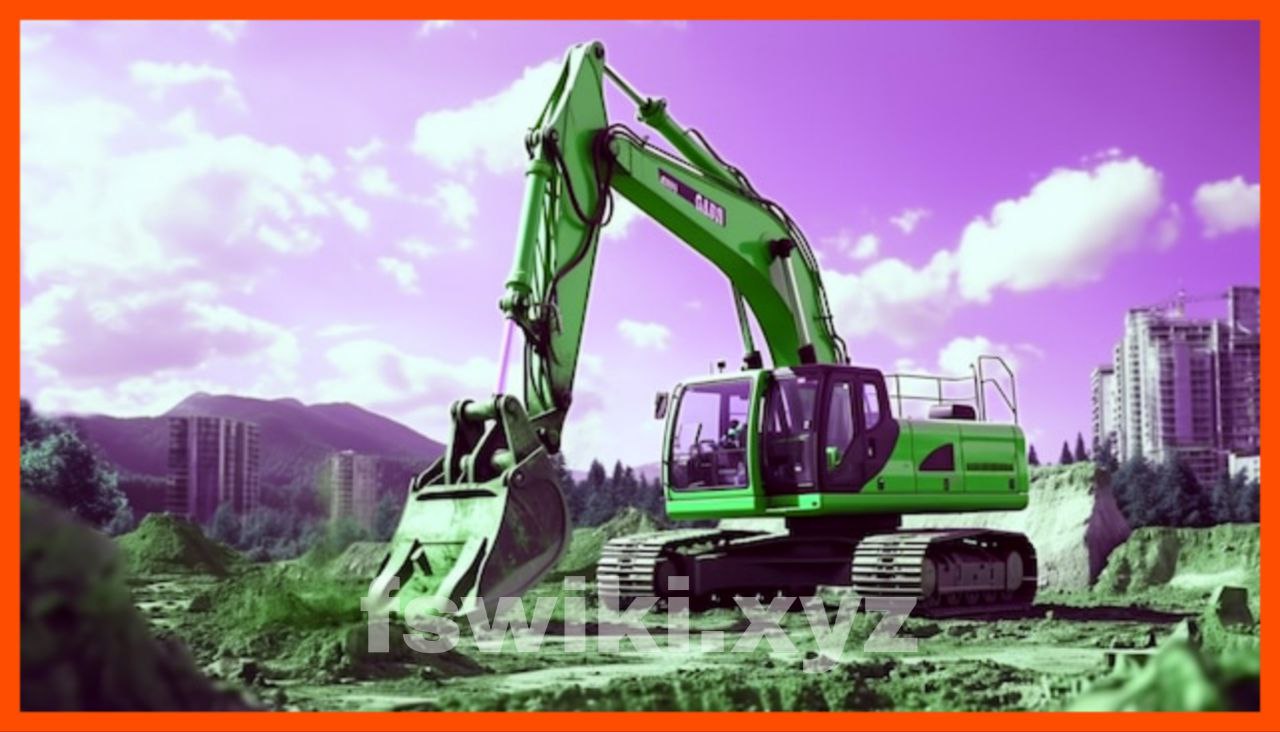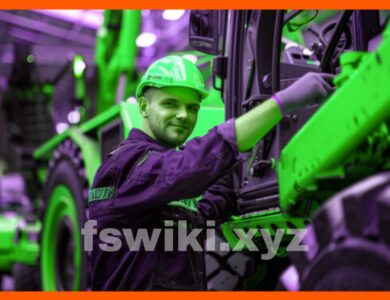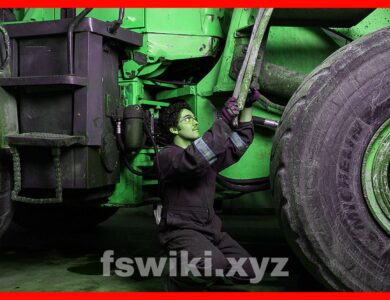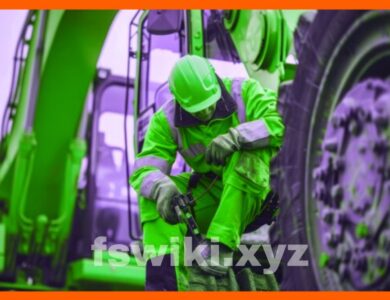Heavy Equipment
Heavy Equipment Technicians Masters of Machinery

Heavy Equipment Technicians Masters of Machinery
In the bustling world of construction, agriculture, and mining, heavy equipment technicians are the unsung heroes who keep the wheels of industry turning. They’re the experts who ensure that everything from bulldozers to excavators runs smoothly. Let’s dive into what makes these technicians so essential and how they maintain the backbone of our heavy machinery.
What is a Heavy Equipment Technician?
Heavy equipment technicians are specialized mechanics who work on large machines used in various industries. Their job involves:- Diagnosing issues: Identifying mechanical, electrical, and hydraulic problems.
- Performing repairs: Fixing or replacing faulty parts.
- Maintaining equipment: Regular servicing to prevent breakdowns.
“Heavy equipment technicians are like the guardians of the machines that build our world. Without them, our progress would come to a halt.” – John Doe, Industry Expert
Key Responsibilities
The role of a heavy equipment technician is multifaceted. Here’s a quick breakdown:- Inspection and Maintenance: Routine checks to ensure machinery is in top condition.
- Repairs: Fixing broken parts and addressing issues swiftly.
- Upgrades: Installing new technology or parts to enhance performance.
- Record Keeping: Documenting maintenance and repair history.
Tools of the Trade
Heavy equipment technicians use a variety of tools, including:- Diagnostic Computers: For identifying electronic issues.
- Hydraulic Tools: Essential for repairing hydraulic systems.
- Wrenches and Sockets: Standard tools for mechanical repairs.
- Lifts and Hoists: To handle heavy parts and machinery.
Skills and Qualifications
To excel in this field, a technician needs a unique set of skills:- Technical Expertise: In-depth knowledge of machinery systems.
- Problem-Solving Skills: Ability to troubleshoot complex issues.
- Attention to Detail: Precision in diagnosing and repairing.
- Physical Stamina: Capable of handling the physical demands of the job.
“The best technicians are those who combine their mechanical skills with a deep understanding of how each piece of equipment works.” – Jane Smith, Heavy Equipment Trainer
Education and Training
Most heavy equipment technicians start with a high school diploma or equivalent, followed by specialized training. Here’s a typical path:- Vocational Training: Programs focusing on heavy equipment.
- Apprenticeships: Hands-on experience under the guidance of seasoned technicians.
- Certification: Various certifications like the National Center for Construction Education and Research (NCCER) can enhance job prospects.
Career Opportunities
Heavy equipment technicians can find opportunities in:- Construction Companies: Maintaining machinery on job sites.
- Mining Operations: Ensuring equipment runs efficiently in harsh conditions.
- Agricultural Firms: Keeping farm equipment in working order.
- Government Agencies: Working on public works projects.
Challenges in the Field
While rewarding, the job comes with its challenges:- Technological Advancements: Keeping up with rapidly changing technology.
- Work Conditions: Often involves working in harsh environments.
- Safety Concerns: Handling heavy machinery always comes with risks.
How to Become a Heavy Equipment Technician
- Get Educated: Enroll in a vocational training program or community college.
- Gain Experience: Look for internships or apprenticeships.
- Get Certified: Obtain relevant certifications to enhance your qualifications.
- Apply for Jobs: Start your career by applying to relevant positions in your desired industry.
Generating... Please wait seconds
URL Copied



